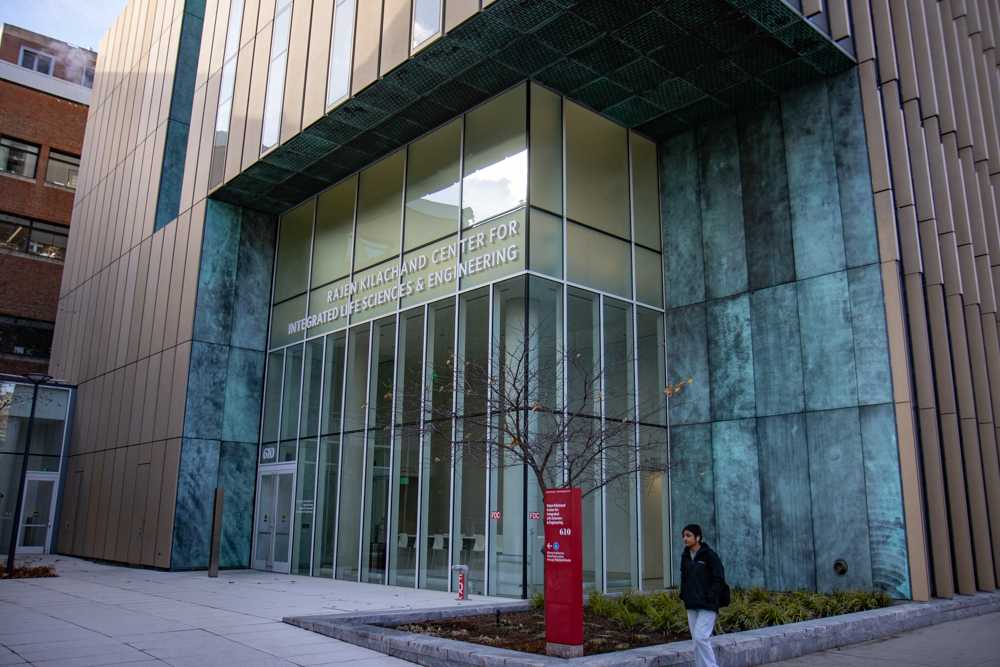Henry David Thoreau described 21 different species of orchid while he wrote novels near Walden Pond more than 150 years ago. Today, although the land has not been commercialized, only seven types remain as a result of dramatic climate change, researchers said.
Scientists from Boston University and Harvard University studied Thoreau’s 19-century observations of the more than 500 plant species in the Concord area and compared his notes with their own observations from the last five years, BU researcher Richard Primack said. The study states that about a quarter of the plants are now extinct and a third of those that were in abundance are now extremely rare.
‘Plants in Concord are flowering a week earlier than in Thoreau’s time, and this is directly related to warming temperatures, both global warming and the regional warming of Boston as a city,’ Primack, a BU biology professor, said. ‘We also observed that so many of the wildflowers that Thoreau observed in Concord, we couldn’t [observe them].’
The average temperatures in Concord are four to five degrees warmer than when Thoreau lived there, Primack said. Walden Pond, famous as the setting for Thoreau’s ‘Walden,’ now thaws earlier than in Thoreau’s time by a few weeks, he said.
‘That kind of connection of reading about Thoreau’s observations and then going out into the woods is now to some extent broken,’ Primack said.
Thoreau probably would not recognize the natural environment of Concord as it exists today, he said. Besides climate change, the local Concord environment has undergone habitat destruction, forest growth, local deer population growth and the appearance of nonnative and invasive plant species since Thoreau’s time, Primack said.’
‘We’re not going to see a reversal of it within our lifetimes,’ he said. ‘We’re producing more carbon dioxide than we ever have before, and the world is just going to keep getting warmer as a result of that.’
From an evolutionary context, the dataset, which was published in Proceedings of the National Academy of Sciences in October, is startling, Harvard project researcher Charles Davis said. Whole groups of related plant species are on the decline due to their genetic inabilities to adjust to the warming temperatures, he said.’ ‘ ‘ ‘
‘Climate change is acting to lop off entire branches that are unable to respond, as opposed to randomly cutting off the tips on the tree of life,’ Davis, an organisimic and evolutionary biology professor, said.’
The findings should raise the visibility of the issue of climate change and drive home the reality of global warming locally, geography and environment department Director Robert Kaufmann said.
‘It’s just another important piece in the puzzle indicating that humans are affecting the climate,’ he said.
Thoreau’s work, much of which included environmental research, is increasingly being studied through a scientific lens, BU assistant English professor Maurice Lee said.
‘[Thoreau] would be sorry to see what we’ve done with the environment,’ Lee said. ‘But I think he would be very pleased to know that his work is being used to arrest climate change as much as possible.’




















































































































